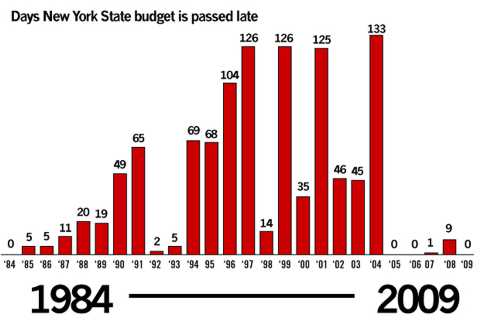Vermont is the most expensive state in the Union in which to do business.
A dollars worth of manufactured goods costs 95.9 cents to produce here, waaaaaaaaaaaaaaaaay above — like 15% more than — the national average of 83.3 cents. In contrast, the cost is 93.5 cents next door in New Hampshire, 93 cents in Rhode Island, and 79.3 cents in 43rd-ranked Connecticut. Oregon, where it costs just 70.6 cents to produce a dollars worth of manufactured goods, is the least expensive state for manufacturing.
A new University of Connecticut study, High Wages, Low Costs: A Connecticut Paradox, calculated the costs of labor and materials used in production, taxes and license fees, and annual capital costs such as depreciation, rental payments and interest, for every state.
“The November election will bring a new round of claims about Connecticuts high wages, exorbitant rents, burdensome taxes, overall lack of competitiveness and resulting job losses,” the study claimed.
Greg Hayes, United Technologies CFO, told investors “any place outside of Connecticut is low cost.”
Although Connecticut voters incorrectly accept the mantra of their “unfriendly” business environment as fact, Vermont workers, struggling with years of rising taxes and rising costs, are not so lucky.
The two selling points for building boats in Vermont were the “Made in Vermont” branding and the access to one-third of the U.S. boating market within 600 miles.
One of my clients, a small foundry with operations in the U.S. and Canada, has shut down most operations in Vermont. “It’s just too expensive,” the owner says.
The study showed that Mr. Hayes was partly wrong but that my own analysis and my clients are right.
The extra $151,000 in cost for a small business like mine to manufacture a million dollars worth of goods here generally comes right out of the owner’s pocket. And that, in a dragging economy, hurts Vermont workers.
Small businesses create more jobs even than the Feds but even the New York Times has noticed that ObamaNation tax policies will at best not help small business and will actually make it more difficult for them to grow. And that just piles on top of what happens here in Vermont. Bye bye jobs, doncha know.
A business can cut jobs, cut the cost of labo(u)r, and cheapen up on materials. When building costs, rental payments, and interest get out of hand they can move. What do they do when they have done all that?

 Taxes and license fees, and tax policies such as depreciation write offs are political. Too bad that we have J. Wellington Wimpy at the helm of a government that believes in raising taxes, raising the debt limit, and (by the way) raising spending, all when we don’t have the money for even one cheeseburger.
Taxes and license fees, and tax policies such as depreciation write offs are political. Too bad that we have J. Wellington Wimpy at the helm of a government that believes in raising taxes, raising the debt limit, and (by the way) raising spending, all when we don’t have the money for even one cheeseburger.
I wonder. What would Popeye do?

